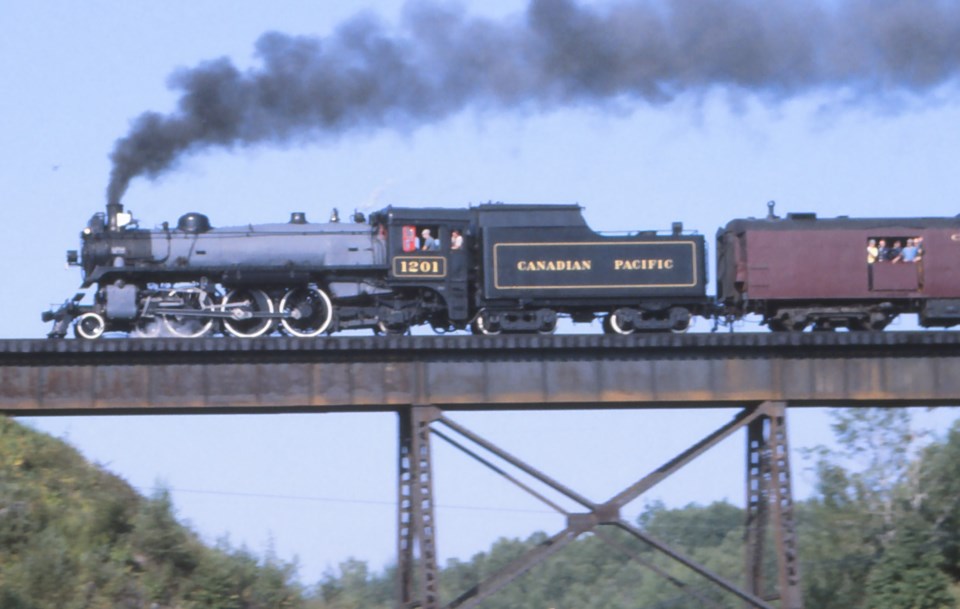To the editor:
The recent railway merger between Canadian Pacific and Kansas City Southern has sparked reminiscence among retired railroaders about the good old days when the CPR had a massive presence in small towns like North Bay. For many, the merger represents not just the consolidation of two major players in the railway industry but also the end of an era in Canadian history.
For those who grew up in North Bay, the CPR was more than just a transportation company. It was a way of life. The railway brought goods, services, and people to small communities that might otherwise have been isolated from the rest of the country. It also provided employment for thousands of Canadians, many of whom worked for the company for their entire careers. This included my family who moved here in 1905 because of the CPR that provided good jobs to my late father, grandfather and a couple of great uncles.
But over the years, the railway industry has changed. The rise of trucking and air travel has led to a decline in demand for rail transport, especially passenger, and many small towns that once relied on the CPR have seen their fortunes decline as well. In recent years, the railway industry has also faced increased competition from other modes of transportation, as well as regulatory challenges and shifting economic priorities.
Despite these challenges, the merger between Canadian Pacific and Kansas City Southern represents a new chapter in the railway industry's history. It brings together two of the largest and most innovative players in the industry, creating a powerful new force that is sure to shape the future of rail transport in North America and beyond.
For those who remember the glory days of the CPR in North Bay, the merger may be bittersweet. But it also offers a chance to reflect on the role that railways have played in shaping Canadian and local history, and to celebrate the resilience and adaptability of an industry that has survived and thrived for more than a century.
As the railway industry (including the ONTC) continues to evolve, it will face new challenges and opportunities. But for those who remember the days when the CPR was king, the memories of a bygone era will always be a reminder of the vital role that railways have played in shaping North Bay’s past, present, and future.



